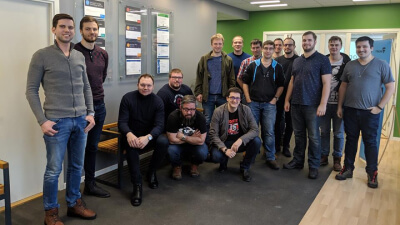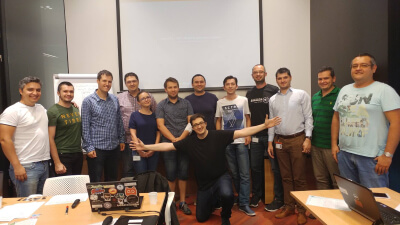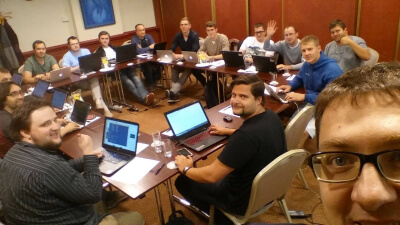 Day 1
Day 1
- Introduction to DevOps, infrastructure as code, immutable infrastructure, idempotence principle, delivery pipelines, GitOps
- Managing virtual/cloud resources with IaC, tooling overview, building first infrastructure configuration pipeline with Terraform
- Managing multi-cloud/multi-data-center resources with Terraform and Terraform modules
- Integrating with classic server provisioning tools like Ansible
- Dynamic inventories, network management, building complex infrastructure delivery pipelines, organizing teamwork











